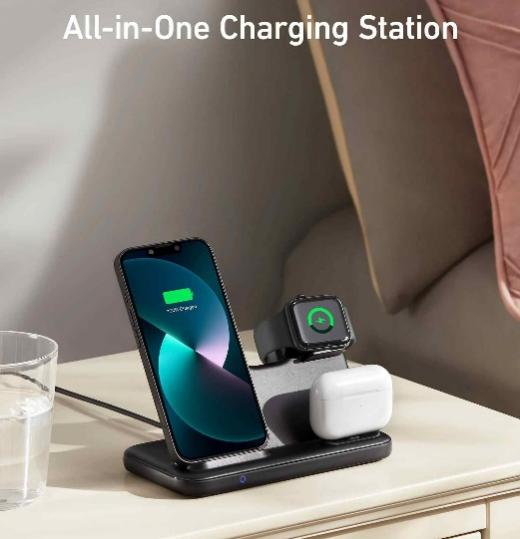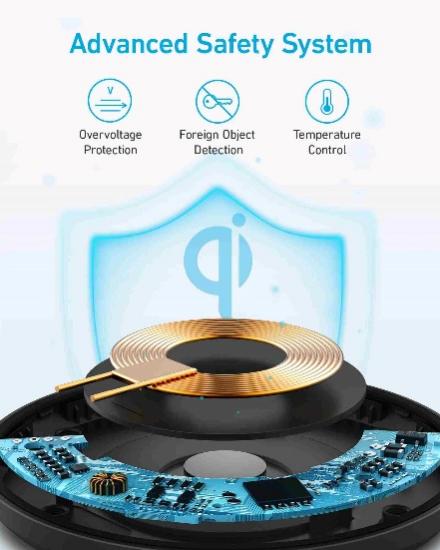If you're planning to buy a top-of-the-line smartphone, you probably want to charge it wirelessly, too. They're convenient, and you can get models that are fast enough to replace a wired one without sacrificing speed. Despite its obvious benefits, some people still refuse to embrace modern technology. People worry that wireless charging will shorten the life of their gadgets' batteries, as any quick online search will show. Is it correct that wireless charging reduces battery life? Let’s find the answers to your questions below.
How does one go about wirelessly charging their gadget?
You need to know how wireless charging works to appreciate why it does not harm batteries. In wireless smartphone charging, electric energy is transferred from the charger to the device being charged by electromagnetic induction. Electric energy is generated in a closed circuit by a rapidly varying magnetic field that interacts with another magnetic field; this process is known as electromagnetic induction.

Consider the method of powering a smartphone without plugging it in. For wireless charging to function, both your phone and the charger must be compatible with the technology. When a wirelessly chargeable smartphone is placed on a charging pad, an electric current is generated when a rapidly changing magnetic field interacts with the copper coil inside the device. The electric current is used to charge the battery. Device compatibility can be ensured using open standards for wireless charging.
Is Wireless Charging Dangerous for Your Phone?
Wireless charging is safe for your phone's battery. This misconception has gained a lot of traction, but it just isn't true. Many people, however, think that wireless charging is bad for a smartphone's battery since it emits more heat than conventional charging does, which could put additional strain on your battery. Even if this is partially true, your smartphone can easily handle the heat produced by wireless charging, therefore it shouldn't have any negative effects on the battery.
Radiation Produced by Wireless Charging
Wireless charging generates more heat than the more conventional wired charging because of how it works. One of the unforeseen outcomes of electromagnetic induction is the generation of excessive heat. For instance, induction ranges use electromagnetic induction to warm their cookware.
Therefore, your smartphone could be damaged if the heat produced by wireless charging is not properly dealt with. Qi and other wireless charging standards establish strict guidelines for dealing with this problem, which is great news, here are the guidelines that you should know:

To sum up, your phone is safe to charge wirelessly, even though it will get somewhat warmer than it would with a wired charger. That is, it won't cost you any more than the going rate.
The Effects of Wireless Charging on Battery Recharge Intervals
Because battery charge cycles are unrelated to the method of charging, wireless charging has no more of an impact on battery life than does conventional cable charging. It has nothing to do with the amount of the charge itself.
Charging your phone more than once a day will significantly reduce the remaining number of battery charge cycles, regardless of the charging mechanism you use.
To rephrase, the battery on your phone will be safe to charge wirelessly. Put another way, you shouldn't be continually chasing your smartphone about and placing it down on the charging station whenever the battery dips a few percentage points. This is because overcharging could eventually kill the battery in your phone.
Conclusion
Now that you are educated regarding wireless charging already, we hope that your questions about this and your phone battery are all answered. Note that with wireless charging, your smartphone will not be damaged as long as you choose a wireless charger that passes the standards of your phone, your battery will not deplete, and lastly, overheating of the smartphone while charging is just a normal reaction of wireless charging and it is not something that you should be alarmed of.
